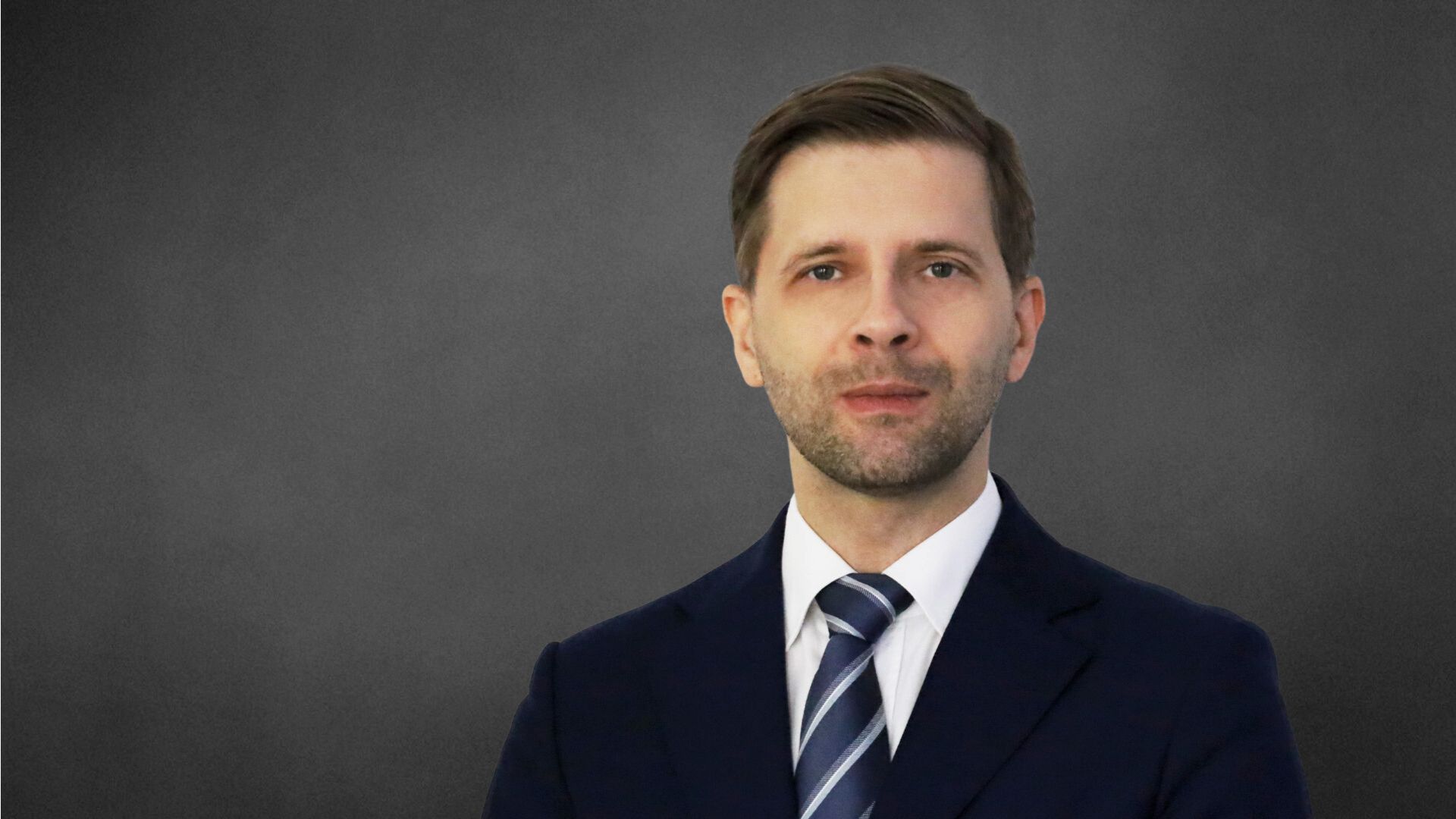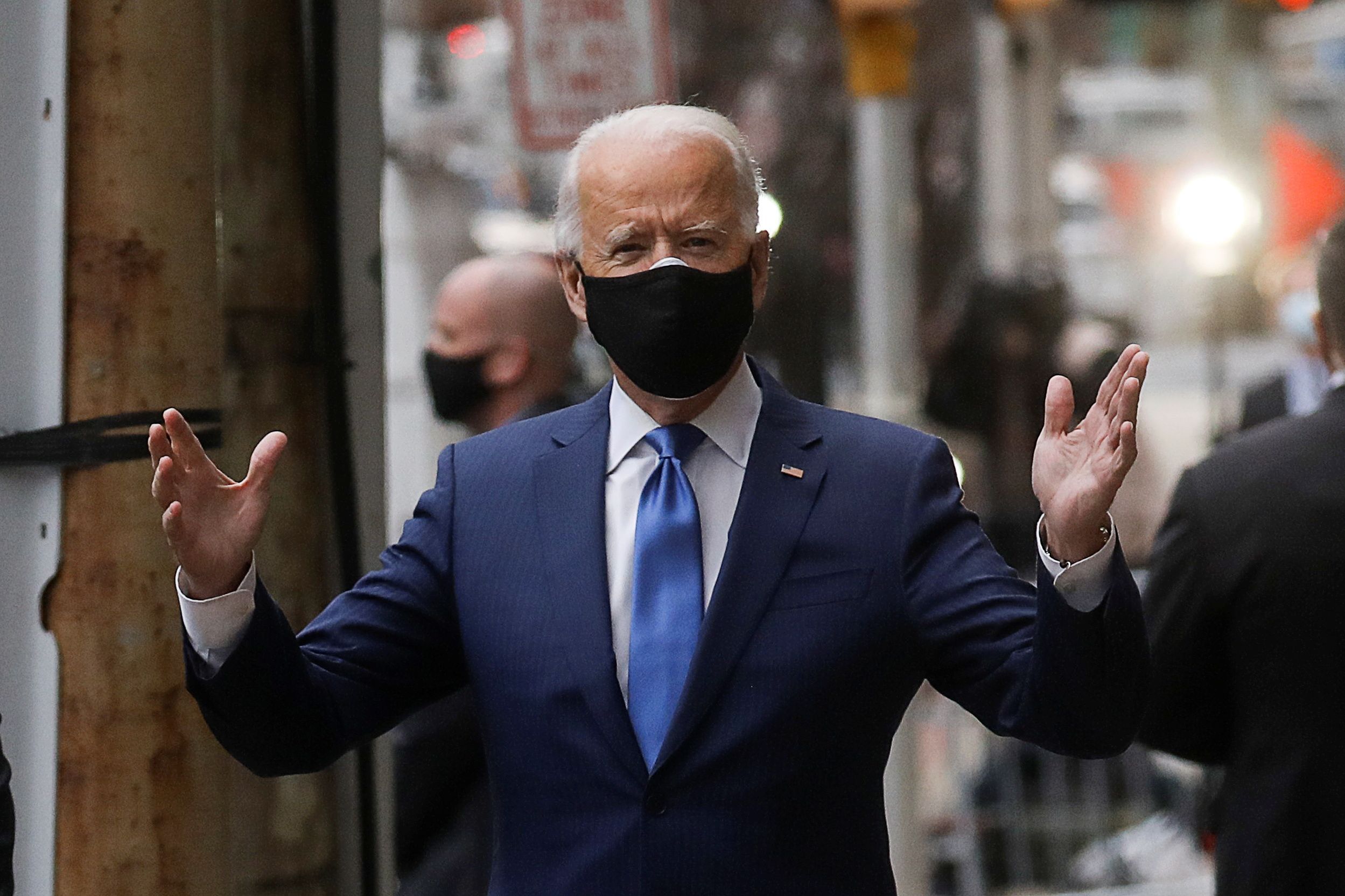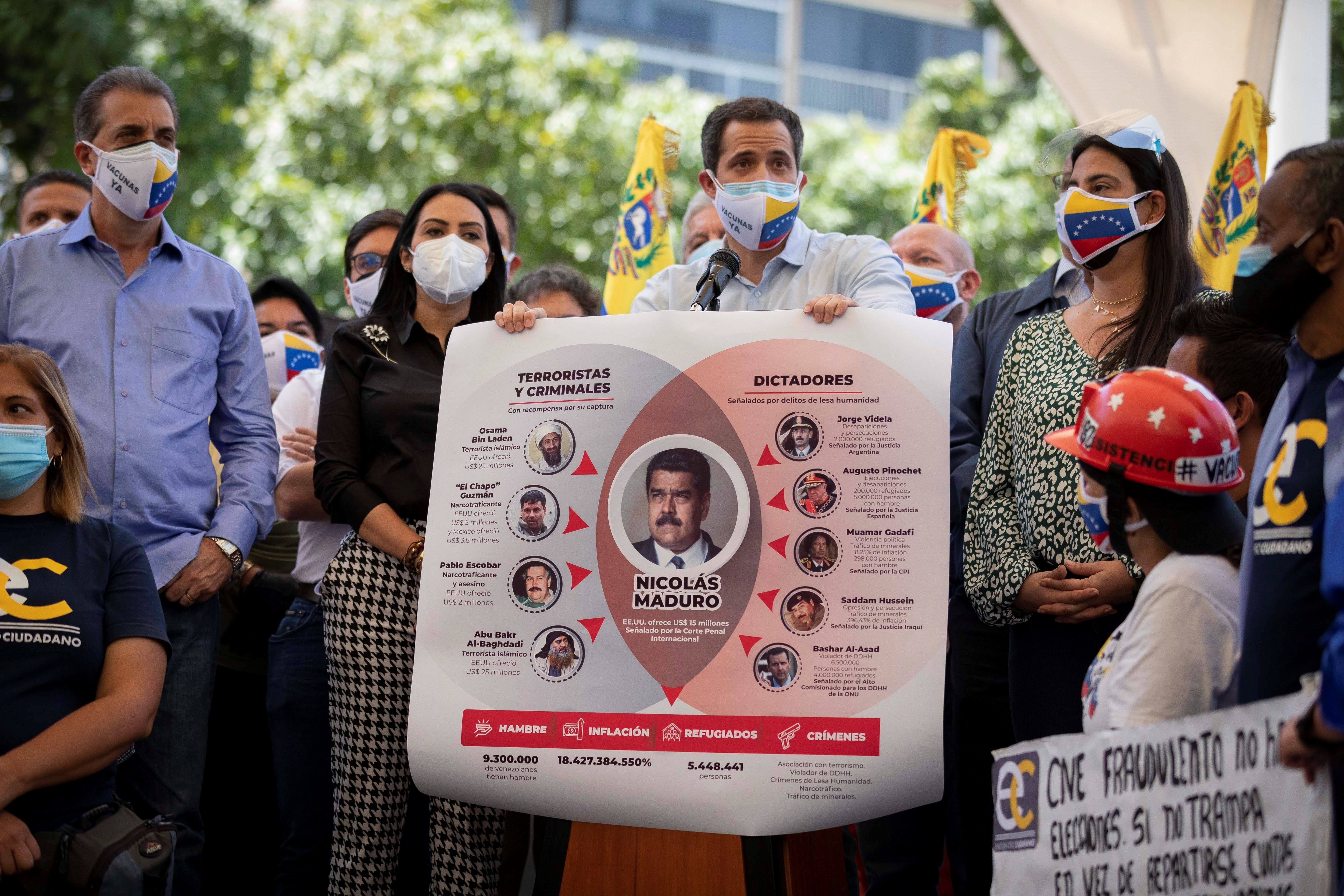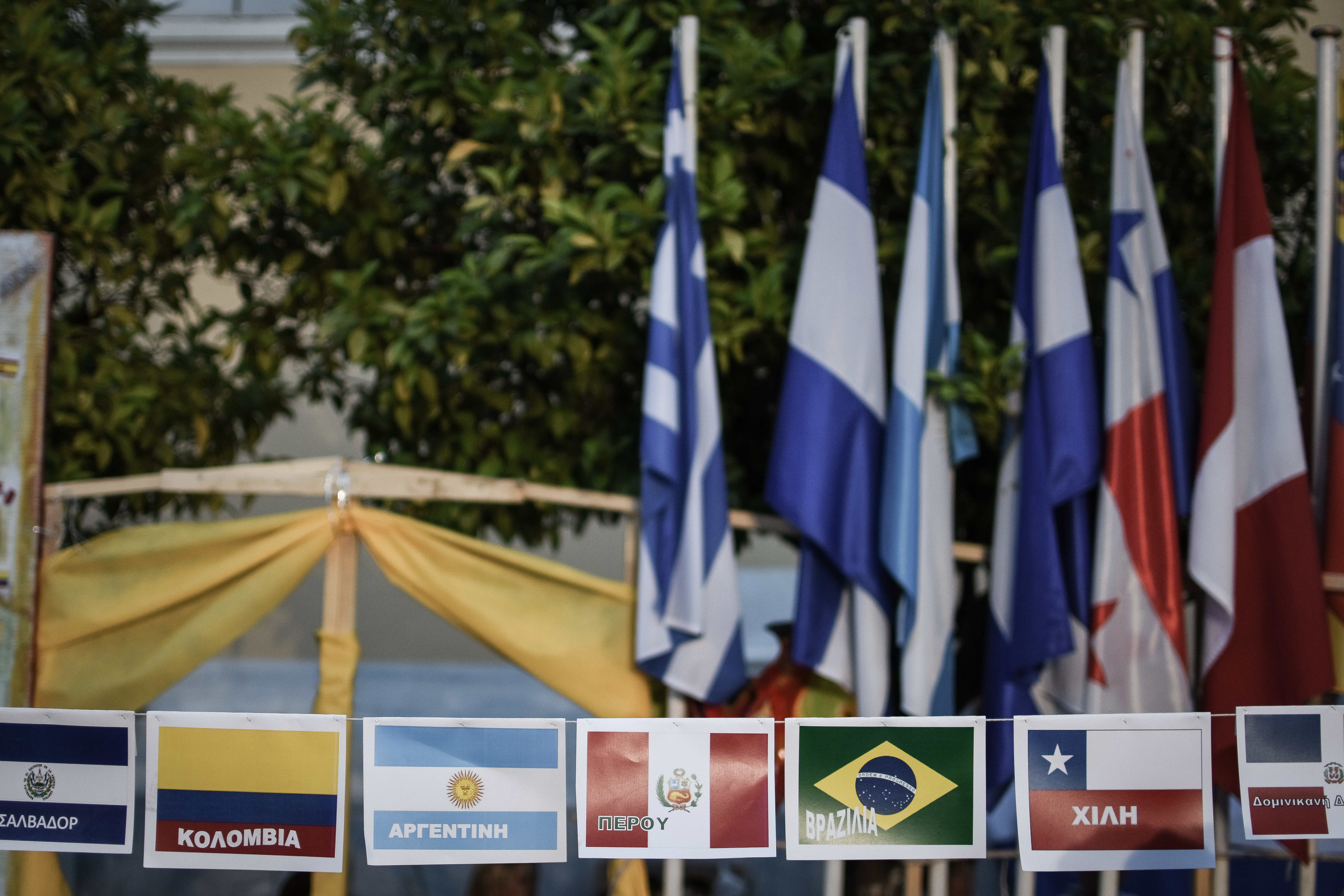Negotiations Resume to Resolve the Crisis in Venezuela
The meeting of representatives of the Venezuelan government and the opposition on 26 November in Mexico City marked a return to formal negotiations on overcoming the crisis in Venezuela. The parties agreed to establish a humanitarian fund and announced talks on presidential elections in 2024, among other issues. In response, the U.S. announced a conditional relief of sanctions on the Venezuelan oil sector. Further lifting of restrictions, depending on concessions from the regime of Nicolás Maduro, may be important for the global oil market, although only in a few years’ time.
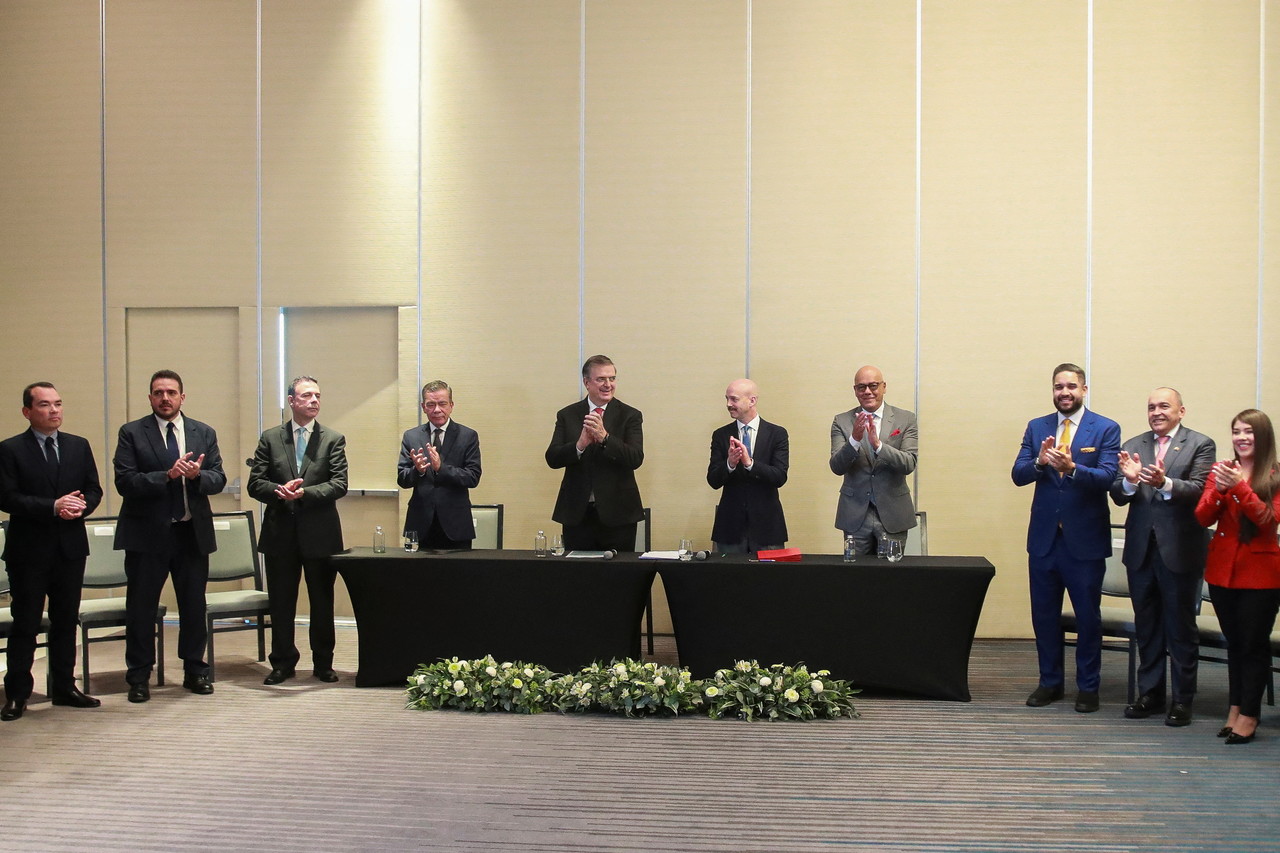 HENRY ROMERO / Reuters / Forum
HENRY ROMERO / Reuters / Forum
What is the context of the talks’ resumption?
The latest meeting in Mexico is a continuation of negotiations between the government and the opposition that began in August 2021. The Venezuelan authorities broke them off after two months in response to the extradition from Cape Verde to the U.S. of Alex Saab, a close associate of the Maduro regime arrested on an accusation of corruption. Still, last year the U.S. oil company Chevron, which is involved in several mining projects in Venezuela through four joint venture agreements with state-owned PDVSA, lobbied the Biden administration to remove the restrictions on the sector. The effects of the Russian invasion of Ukraine, including the negative impact on the global energy market, created favourable conditions for such a decision. For the U.S., easing the restrictions—for now, a six-month authorisation for Chevron to extract Venezuelan oil—is intended to help persuade the Venezuelan authorities to make concessions and to insulate them from Russia, the regime’s main political ally. Maduro, in turn, saw in the return to talks with the opposition an opportunity to break Venezuela’s international isolation, including the lifting of economic sanctions, and for him to regain recognition as the legitimate leader of the country. Mutual confidence-building gestures by both countries (e.g., the release of U.S. citizens imprisoned in Caracas) and several months of informal talks between the parties, mediated by Norway, contributed to the return to the negotiations.
What are the main outcomes of the recent meeting?
The memorandum adopted by the negotiation parties in August 2021 includes seven main issues of concern, including the lifting of foreign sanctions and support for Venezuela’s economy and society. As part of the new round of negotiations, the Venezuelan authorities and the opposition agreed to create a “Social Protection Fund” to cover selected humanitarian needs in Venezuela: reconstructing public health care and educational infrastructure, stabilising the national electricity system, expanding the World Food Programme system in the country, and repairing damage caused by excessive rainfall this year. The UN has been proposed to manage the fund, and the money would come in gradually from Venezuelan state assets frozen in Portugal, the U.S., and the UK, among other countries. The opposition estimates the amount available is $3 billion, while the regime puts it at $5 billion. A fair presidential election in 2024 is another important topic planned for the next negotiating rounds. However, representatives of the Maduro regime cite lifting sanctions as a condition for dialogue on this issue.
What does the new round of talks mean for Venezuela?
The provisions of the latest round of talks are primarily intended to help solve the most pressing problems affecting Venezuelans. Although the relaxation of price controls and the admission of transactions in dollars in 2019 have contributed to the improvement of socio-economic indicators, the needs of the state are still very large, going beyond the “Social Protection Fund” measures. Venezuela is struggling with inflation above 150%, and almost 82% of the population is living below the poverty line (nearly 54% in extreme poverty). The number of Venezuelan emigrants or refugees has already exceeded 7.1 million and is still increasing. The key to economic improvement is the oil sector, whose recovery depends mainly on the lifting of the U.S. restrictions. For Maduro, this is a strong incentive to make concessions, because regaining access to global oil markets will make it possible for the regime to improve the internal situation and rebuild political support. A return to negotiations will help to reduce internal tensions, but it is uncertain if it will create the conditions for fair elections in 2024.
What effects can be expected on the global oil market?
The Biden administration’s decision on Chevron is the first step in encouraging the Maduro regime to continue its concessions. The oil can only be exported to the U.S. The company cannot pay taxes or dividends to the Venezuelan side, and the profits will go to pay PDVSA’s debt to Chevron. Venezuela has the largest documented oil reserves in the world, and when Maduro assumed the presidency in 2013, it produced 2.7 million barrels of oil per day. Currently, it is about 700,000 barrels (a fraction of a percent of global production), which is the result of negligence, infrastructure degradation, and U.S. sanctions. Restoring a high level of production requires significant investment and can take many years. In the short term, therefore, it will not have a big impact on global energy markets or on oil supply to the U.S. In the longer term, though, Venezuela could become one of the important oil suppliers as part of the diversification of imports, for example, by shipping oil to customers in Europe. It is possible that Spanish company Repsol and the Italian Eni could resume supplying Venezuelan oil soon.
How significant are the U.S. and the EU for the progress of the negotiations?
Although the U.S. is not a participant in the talks, it will be crucial for the progress of the negotiations. The Biden administration maintains a broad package of sanctions introduced mainly as part of the so-called maximum pressure policy during the Trump presidency. The Russian aggression against Ukraine and Russia’s potential defeat in the war mean that Venezuela is losing an important partner, for example, in evading sanctions. The future of the regime thus becomes more dependent on the U.S. decisions to further lift the restrictions and on reviving cooperation with other partners, such as the EU. The EU has maintained individual sanctions against dozens of Venezuelan officials, but in recent years it promoted a negotiated solution of the political conflict in Venezuela. In a joint communiqué with representatives of the U.S., the UK, and Canada, The EU welcomed the return to talks and stressed the importance of restoring the democratic order. In the second half of 2023, the EU plans to hold a summit with the Community of Latin American and Caribbean States (CELAC), the first since 2015. Divergent positions on Venezuela led to the break. Inviting Maduro as a part of easing his regime’s international isolation may additionally encourage him to make further concessions.


